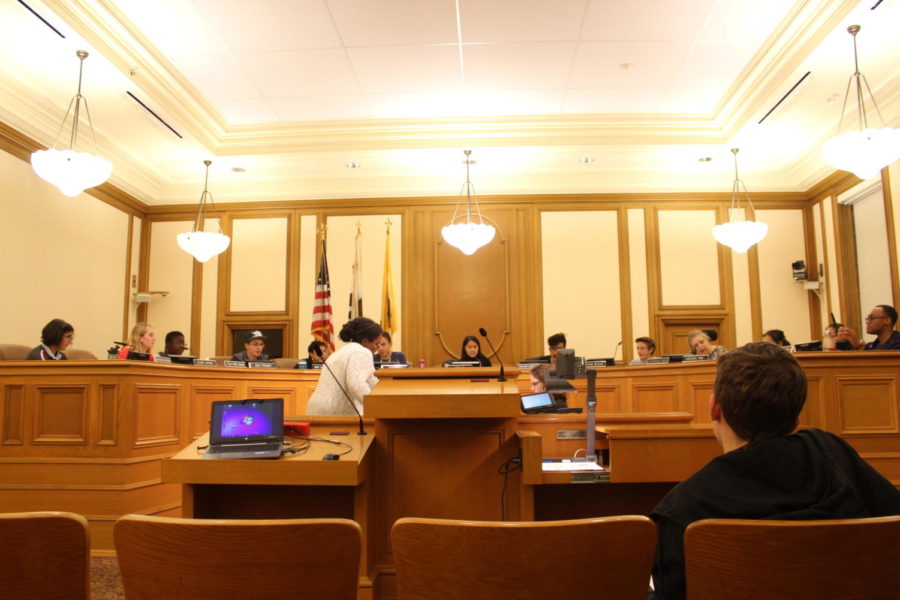Youth civic engagement is vital to the success of our political system
Though it may seem that youth are voiceless until they have the right to vote, there are many ways to get involved, learn more about local politics or make one’s views on local issues heard and acknowledged.
In fact, many of the issues that affect students the most, such as public transportation infrastructure, local minimum wage, zoning regulations, and affordable housing, are directly in the hands of city, county and state governments.
While national politics dominate media coverage, “Getting involved in local politics is more worthwhile than getting involved in national politics because you can actually affect change and can see more concrete results in your own community,” said Connor Elliott (‘18), who volunteered on State Assemblyman Scott Wiener’s campaign last fall.
In addition to the internships that State Congresspeople often have for high school students, there are youth commissions built to advise counties’ Boards of Supervisors, and elected officials are always looking for high school students to volunteer on their campaigns.
Given the Urban School’s Service Learning program, there is time built into the school day for students to pursue local political involvement. Alex Edwards (‘18), for example, took advantage of his junior year Service Learning class to work for a criminal defense attorney, which led to his later work interning at the Public Defender’s Office. Contrary to many misconceptions that interns are relegated to coffee runs and filing, Edwards had the opportunity to go to the courthouse and “write bail motions to try to [reduce or waive] the bail of people who couldn’t afford to pay.” Edwards further explained, “I would go interview their friends, their family and try to build a picture and humanize them for the court, who would only see their crimes,” said Edwards.
If one is looking for a way to get informed but with less of a commitment, many local government meetings are open to the public and have the option available to address the governing body or just observe. If one is unable to attend a meeting, minutes are posted online. Government proceedings in Sacramento are often recorded and available to watch online.
And of course, if one feels more comfortable starting with a smaller time commitment, local newspapers, such as the San Francisco Chronicle, are a great way to become informed with minimal effort or time.
The importance of young people being involved in local government cannot be overstated. For example, as California and San Francisco County prepare to address the repercussions of the legalization of marijuana, teenagers will uniquely be able to provide the youth perspective on how this will affect teenagers’ lives, safety and health. Without youth engagement, legislation affecting youth can be woefully out of touch or have unforeseen consequences.
Though the Vote 16 initiative, which would have extended the right to vote in local elections to 16 and 17-year-olds, was voted down on the 2016 San Francisco ballot, the 48 percent of people who voted Yes are a testament to the resounding support for youth civic engagement.
Given the myriad opportunities at varying levels of commitment, it is easy–and vital–for youth to be civically engaged and aware of local politics.












